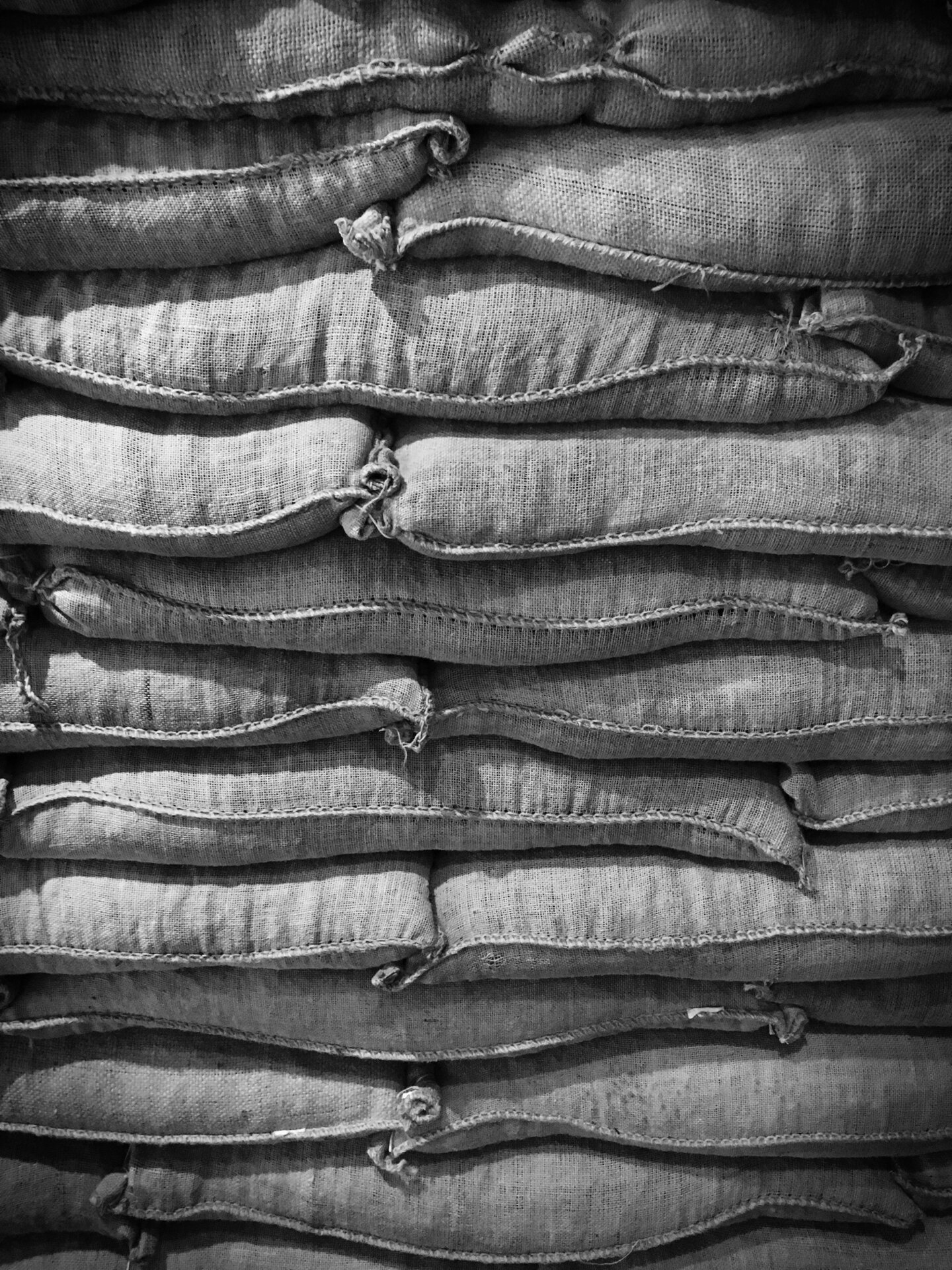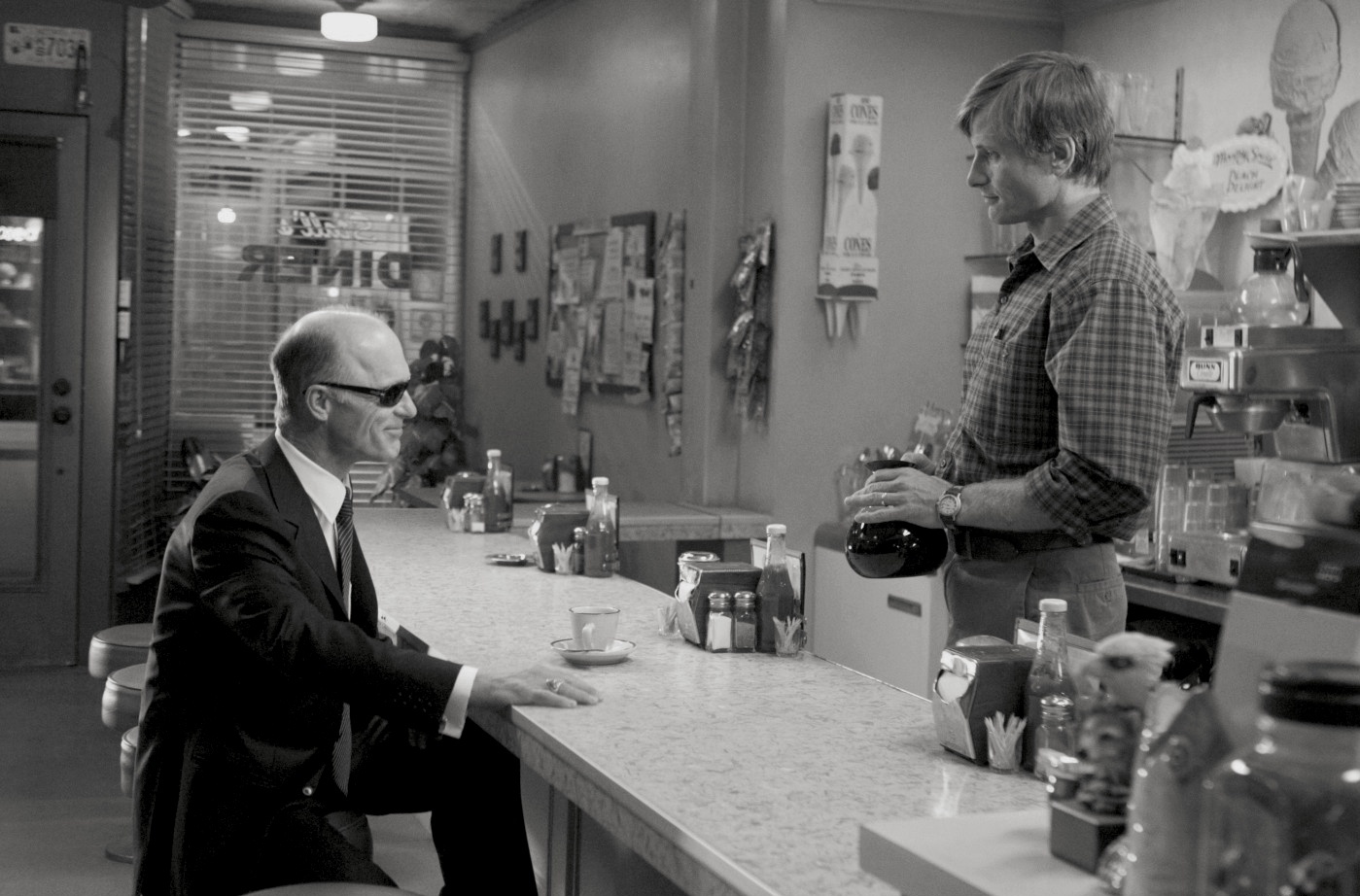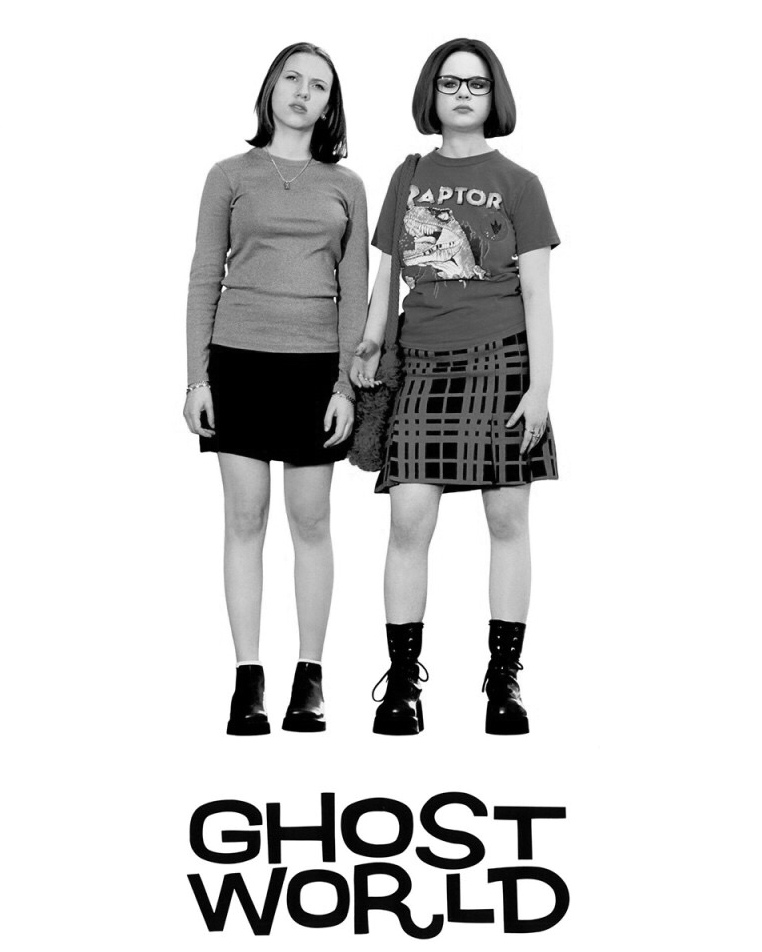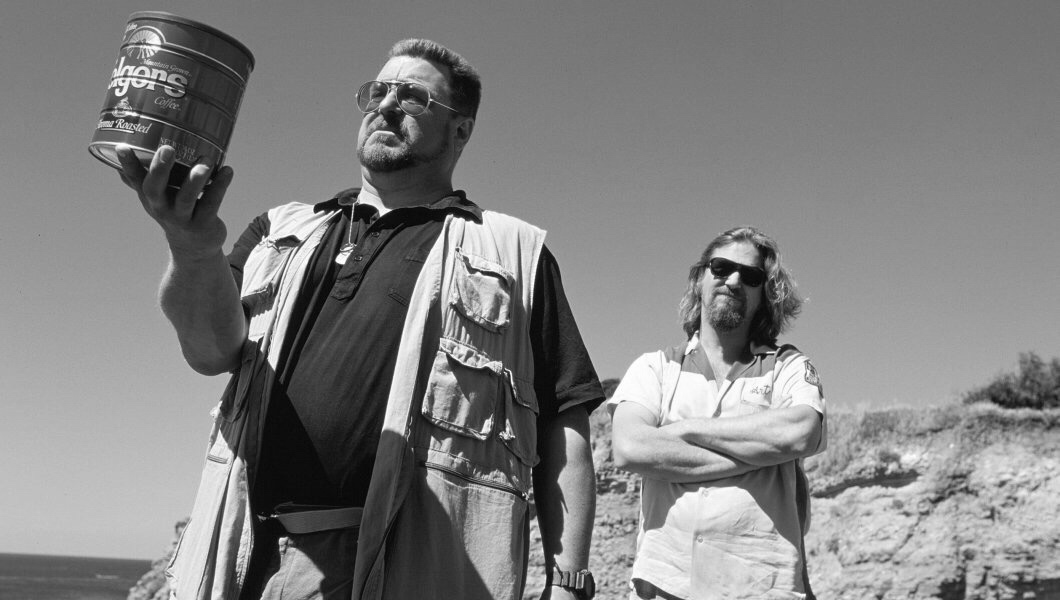A Fundraiser for Gaza Hopes to Wake Up the Coffee Industry
For 18 months, the coffee industry has remained mostly silent about the ongoing destruction of Gaza. A new fundraiser hopes to raise money—and jolt the industry awake.

Hello and welcome to Black Friday, the worst day of the year.
We’ve spent yesterday eating too much, possibly have hangovers, and now we’re bombarded by ads for Macy’s or Walmart and their grim celebration of excess. Not to mention the poor souls forced to work on this hellish day. Be nice to them, and if you’re going to a coffee shop today, tip well.
Anyway, let’s avoid all that by looking at the week’s coffee news, such as it is.

“Surge” might be a bit of an overstatement, as prices went from 93 cents per pound in October to $1.173 per pound this week, but it’s definitely better than it was.
However, the reason for this “surge” is extremely dry weather in Honduras, the world’s third largest producer of Arabica coffee, leading to a fall in the Intercontinental Exchange’s green inventory.
So prices have gone up, but the climate crisis is still wreaking havoc on certain coffee farmers’ livelihoods, just in different ways.
This follows last month’s announcement from the International Coffee Organization that it expects coffee production to fall next year which, alongside increased consumer demand in Asia and Europe, will probably push prices higher still.
Did you know that people like coffee? It’s true. Amazingly, coffee (as well as tea, soft drinks, and other caffeine-filled substances) are popular among people who exist in the world.
So much so, in fact, that it actually shows up in our blood.
It turns out that “supposedly pure human blood serum pooled from multiple donors”, bought as part of a study by scientists at Oregon State University, tested positive for caffeine, as well as traces of a cough suppressant and an anti-anxiety drug.
"From a 'contamination' standpoint, caffeine is not a big worry for patients, though it may be a commentary on current society," said Luying Chen, a Ph.D. student involved in the study. The other drugs, however, could be a problem, making it harder for researchers to source clean blood (and trust the blood they do obtain).
A commentary on current society, indeed.
or
This is the same article, in two connected publications, with wildly different titles.

The piece itself looks at the rise in Chinese ownership of Italian coffee bars, something not all Italians are happy about, apparently.
According to Grazia Deng, a postdoctoral research associate at Brown University who the article calls “among the world’s leading experts on Chinese baristas in Italy” (an impressively specific niche), these Chinese entrepreneurs are stepping in to save neighborhood cafes which growing numbers of Italians don’t want to run. “The children of the previous owners don’t want to stay in this business,” Deng says. “These kids are educated and take middle class jobs – they don’t want to be baristas any more.”
However, Deng goes on to say, “Many Italians don’t trust the Chinese and think by running coffee bars they are taking over their culture.”
This is an interesting topic, no doubt, but I can’t get over the titles. Why are they so different?
After some light googling, it seems Inkstone News is a subsidiary of the South China Morning Post, which is itself owned by Alibaba, the world’s largest retailer. Inkstone News is aimed at a younger/foreign audience, and it is apparently blocked in mainland China—there have also been criticisms of SCMP’s perceived morphing into a mouthpiece for China’s state under Alibaba’s ownership. This might explain the weird discrepancy in the two articles’ titles (again, the articles are identical), but I’m just guessing.
Read the full story here or perhaps here.
Here’s some fun new research (by Brita, oddly) into what the article calls “coffee operators” and I take to mean companies on the consuming end of the chain such as cafes and roasteries.
The article, by New Food magazine, sets out its case by emphatically proclaiming that “almost all coffee operators consider sustainability as important”. Phew, strong stuff. And that’s just the title.
It gets even more forthright later on, reporting that 64% of respondents “found it difficult to balance profitability and sustainability within their business”.
And then there’s this nugget:
The sustainability issue that was recorded as the most important to operators is said to be the one that they are also engaging with the most – reducing single-use plastic. Eight in 10 reportedly said that they have already introduced methods to reduce single-use plastic in their establishment, such as 79 percent having removed plastic straws and 59 percent having eliminated single-use plastic cutlery.
So I’m just going to link to this excellent article about the real need many disabled people have for single-use straws in coffee shops and elsewhere, which notes that by focusing on removing single-use plastics companies are actively making it harder for these people to participate in their businesses.
Are you one of the more than one billion people around the globe who suffer from Metabolic Syndrome, or MetS? Well there’s good news, because a new report suggests that coffee might help.
MetS, according to the National Heart, Lung, and Blood Institute, “is the name for a group of risk factors that raises your risk for heart disease and other health problems, such as diabetes and stroke.”
The report, by the Institute for Scientific Information on Coffee (which is a real thing, apparently), found that drinking 1-4 cups of coffee per day “is associated with a reduced risk of MetS in observational studies.” So hey, that’s good.
The meta-analyses found that the positive effects of coffee on MetS was shown in both men and women, and caffeinated and decaf coffee were equally beneficial.

Beyond The Stereotype by Jonas Leme Ferraresso
Agony And Ecstasy At The World’s Largest Starbucks by Janani Sreenivasan
Queen City Coffee Roasters Finds A Permanent Home In Plainfield, NJ by Me!
Until next week, drink good coffee.

Apr 9, 2017 Coffee At The Movies Episode 6: A History Of Violence Apr 9, 2017 Apr 9, 2017

Dec 15, 2016 Coffee At The Movies Episode 5: Pulp Fiction Dec 15, 2016 Dec 15, 2016

Dec 8, 2016 Coffee At The Movies Episode 4: Ghost World Dec 8, 2016 Dec 8, 2016

Dec 1, 2016 Coffee At The Movies Episode 3: Looper Dec 1, 2016 Dec 1, 2016

Nov 24, 2016 Coffee At The Movies Episode 2: The Big Lebowski Nov 24, 2016 Nov 24, 2016

Nov 17, 2016 Coffee At The Movies Episode 1: Scott Pilgrim Vs The World Nov 17, 2016 Nov 17, 2016
A newsletter about coffee—its culture, politics, and how it connects to the wider world.